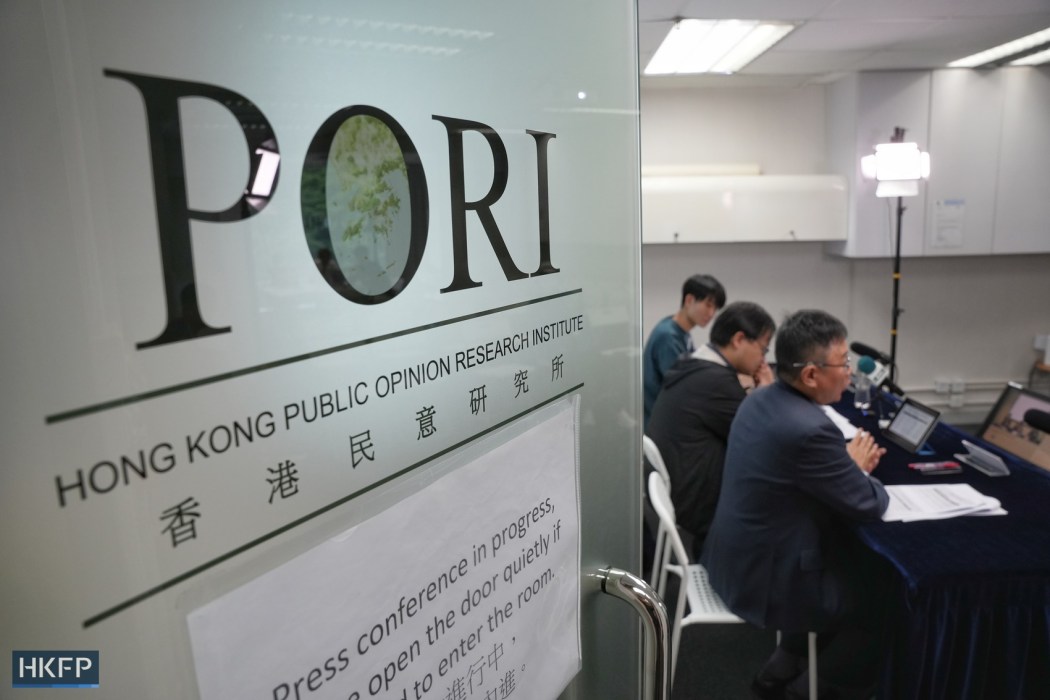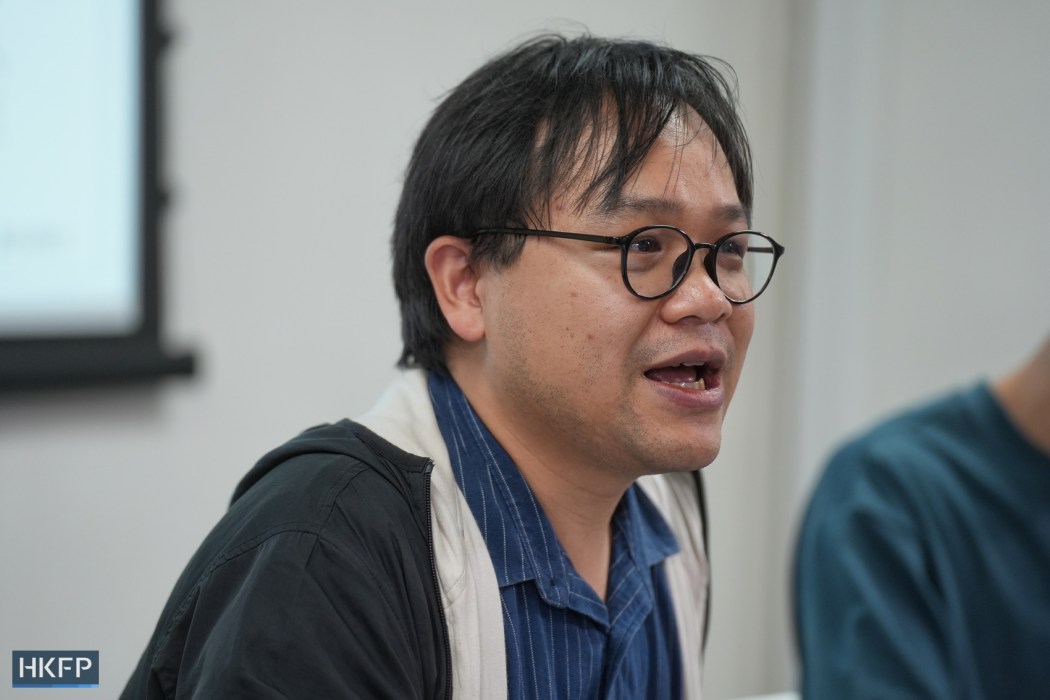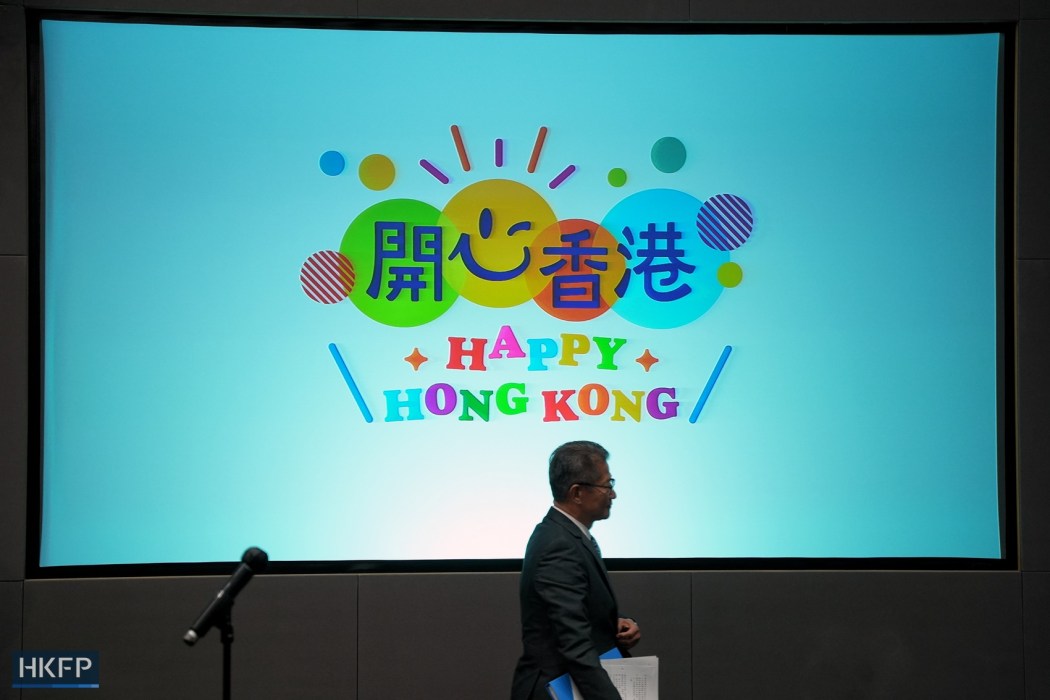Hongkongers’ happiness correlates with the government’s popularity, research conducted by the Hong Kong Public Opinion Research Institute (PORI) has found. The pollster also found that people’s satisfaction with the government’s pace of democratic development had dropped by 8 percentage points.
PORI compared Hongkongers’ stated level of happiness and the government’s popularity from 2001 and 2022, and found that there was a positive correlation between the two sets of statistics.

The research centre also found that residents’ happiness had a greater correlation with the government’s satisfaction rate when there were “major social events,” such as during the Umbrella Movement in 2014 and the extradition bill protests in 2019.
Political scholar Chris Li said on Wednesday that there was no “simple relationship” between the government and people’s happiness, as satisfaction in the administration could be impacted by uncontrollable factors.
“The administration might be working hard, but it could still be met with a slumping economy, and people would blame the government and think it was their fault,” Li said.
PORI also conducted a telephone survey earlier this month, for which they called 1,005 Cantonese-speaking residents aged 18 or above.
The research centre found that residents have a positive net satisfaction rate in four areas in the government work: “handling relation with the Central government,” “improving people’s livelihood,” “maintaining economic prosperity,” and “protecting human rights and freedom.”

The only area where the survey found a negative net satisfaction rate was in the government’s pace of democratic development. PORI recorded a minus-14 per cent satisfaction rate in that area, an 8 percentage point drop from October last year.
Mental health of Hong Kong employees
Separately, a survey conducted by the City Mental Health Alliance found that there had been a “significant increase in mental health problems” since 2020 among Hong Kong employees.
The group found that 40 per cent of the 396 respondents in 2022 said they had experienced mental health issues in the past 12 months.
The survey also found that 15 per cent of the 269 respondents reported experiencing mental health stigma at the workplace.
“Stigma remains one of the key areas to address in order to facilitate conversations around mental health, to build confidence to provide support and to encourage people to seek help when they need it,” the report read.

The two surveys came as the government launched a series of events as part of the Happy Hong Kong campaign, an initiative aimed at boosting morale and the city’s economy.
The events planned by the administration included food markets and a “Hong Kong Cinema Day,” where movie tickets on Saturday will be HK$30 each.
Legislative Councillor Doreen Kong questioned the effectiveness of the government’s scheme would have on boosting the economy on an RTHK show on Wednesday.
Kong said that people were under greater pressure with inflation and higher interest rates, and that she hoped that the government could pay more attention to that.
Support HKFP | Policies & Ethics | Error/typo? | Contact Us | Newsletter | Transparency & Annual Report | Apps
Help safeguard press freedom & keep HKFP free for all readers by supporting our team

LATEST FROM HKFP
HKFP has an impartial stance, transparent funding, and balanced coverage guided by an Ethics Code and Corrections Policy.
Support press freedom & help us surpass 1,000 monthly Patrons: 100% independent, governed by an ethics code & not-for-profit.










